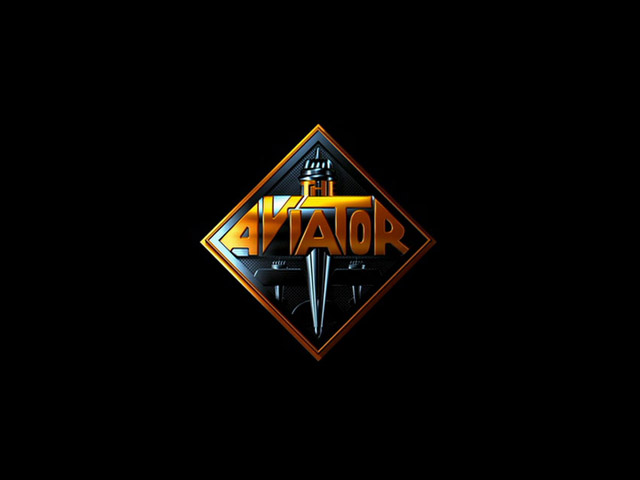
The first time I saw this film, I remember being preoccupied with how bloated it was -- too many events, too episodic, more bio- and not enough -pic. I remember saying of this movie and of biopics in general, "It's less a single story and more a series of 'And then that happened, and then that happened, and then that happened.'" I didn't hate it, but I didn't care for it either. Watching it again, though, it seems like pure Scorsese, the venn diagram of stylistic nutbaggery like Bringing Out The Dead with the more visceral stuff like Goodfellas and Raging Bull. Plus, it's the story of a man driven (among other things) by a firm and auteristic ego to make films his way, which gives the first act a nice touch... maybe it's not autobiographical, but it still makes Hughes and Scorsese kindred spirits. Scorsese's vision of Howard Hughes is a fascinating, frightening man, and his descent into the famous Howard Hughes madness is great.
Mostly what strikes me though is how expressionistic this is, how nonliteral. It's a colorful whirlwind of visual metaphor and inner worlds made physical. This isn't a big Hollywood biopic; it's a fairly insane art film, something like Natural Born Killers or even a Lynch film. And to that end it's quite a lot of fun, even if the story's massive and epic and spans decades longer than my movie-watching instincts want it to (sounds familiar, actually: like a little project I'm obsessing over myself). Also, Leonardo diCaprio feels young for the part, but his performance as a psychically disintegrating Hughes is one of his better roles. And he does look a little Hughesy with that mustache.
There is, however, an awful lot of Woody Harrelson's Larry Flynt in there, and that leads me down a rabbit-hole I can't get back out of: there are enough parallels between this and The People vs. Larry Flynt to be suspect. A self-made southern man, driven to buck and defy the status quo in pursuit of a dream, becomes a giant in his industry and a threat to the old guard. He becomes embroiled in legal troubles which he turns into a media circus. He suffers a major accident which leaves him with a broken body and a stronger-than-ever spirit. He never takes no for an answer, at his own and his loved ones' expense. He is surrounded by a crew of brilliant character actors who trust him implicitly, no matter how crazy he gets. And in the end, he fights for a crucial American institution (in Flynt, free speech; in Aviator, protection against monopoly) and exposes political figures as lapdogs to corrupt groups (Christian coalitions in Flynt; Pan Am in Aviator). I mean, both even end on a similarly nostalgic, bittersweet note: one has Flynt watching video of the love of his life, still alive and happy, as he speaks wistfully to her ghost ("we did it, Althea, we did it"); the other has Hughes fighting off another tic ("the way of the future, the way of the future,") and seeing a vision of a young, unspoiled, ambitious young Howard Hughes in the bathroom mirror speaking with the ghost of his mother. I'm not saying Scorsese ripped off Milos Forman here, but there's no denying that the maps of these movies have similar terrains. I guess that's your American Figure biopic formula for you, huh?

No comments:
Post a Comment